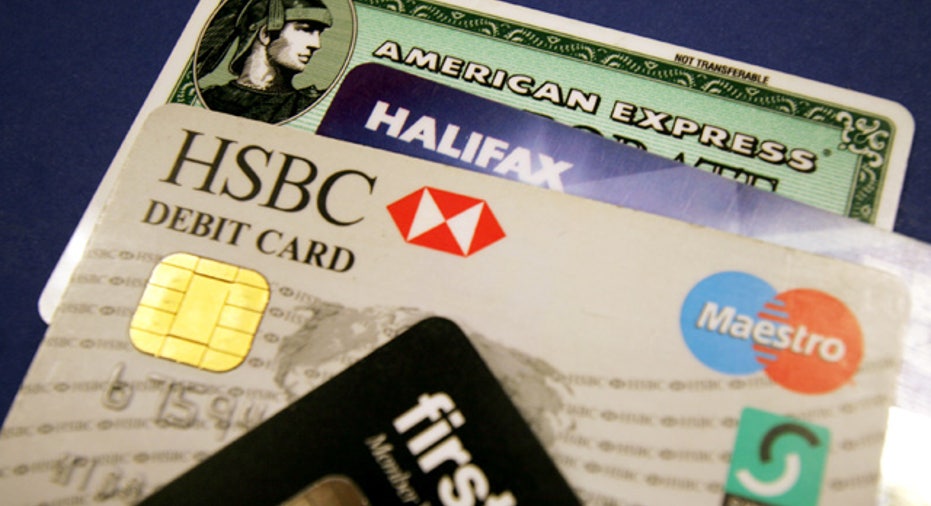Paying More than the Minimum Must Lower Your Balance

Dear Credit Care,
I have a credit card with two different APRs. One is a promotional rate (never expires), and one is a purchase rate which is much higher. A full 100% of my minimum payment is applied to the lower rate balance. None of the minimum payment is applied to the interest; therefore, the higher rate balance keeps increasing by the amount of the accrued interest.
Let's say the interest on the higher rate balance is $50. If I make a payment of $50 over the minimum, the higher rate balance still does not go down. It only goes to the accrued interest. Can the credit card company do this? I have other accounts that do not work this way. I have made no purchases on this account in two years and continue to pay more than the minimum payment, but the higher rate balance never goes down due to the way the payment is applied.
-Debra
Dear Debra,
There are two variables to your question -- the minimum payment formula and payment allocation -- and the rules have changed for both in the past decade.
A decade ago, consumer advocates were up in arms because minimum payments were set so low that if you paid the minimum, you'd never pay off your debt. Because of complaints over perpetual indebtedness, in January 2003, the four main federal banking regulators jointly issued new guidance on credit card minimum payments. While it did not mandate any specific minimum payment, it said you can't set a minimum payment that will result in perpetual debt. The minimum payment must be set high enough to make credit card debt go away in "a reasonable period of time."
Some card issuers responded by raising minimum payments to a higher percentage of the overall balance, others switched to a new minimum formula that guaranteed at least 1% of the balance would be paid each month. So whether you are paying only the minimum payment or more than it, your overall balance must be going down each month. If it is not, your card issuer is violating federal guidelines and you should complain about your credit card issuer.
Now, let's turn to the payment allocation for borrowers with multiple rates, like you. Card issuers used to apply the entire payment to the lowest-rate balance, which left you paying the high-rate balance longer, costing you more and stretching out the repayment period. The Credit CARD Act of 2009 changed that. Payment amounts in excess of the now must be applied to the highest interest rate balance if an account has more than one APR. So, if you are making your minimum payment plus $50, the $50 in excess of the minimum payment should be applied to your highest rate balance. It sounds as if that is what is happening in your case.
The reason your excess payment is not causing your higher-rate balance to go down is likely that you are not paying enough to cover any of the principal balance on that highest-cost tier of your overall balance. You may only be sending enough to cover the interest charged on the balance for that monthly cycle. Still, having the balance stay the same each month is better than it increasing each month. I do understand your frustration, however.
Here's what I recommend you do: First, decide how quickly you would like to pay off the balances on this credit card account, and then determine what payment amount you would need to make each month to realize that goal. (CreditCards.com has a (payment calculator to help.) Once you know how much you will need to pay each month, you have to take a look at your monthly spending to see if you can afford to make the payment. Only you can decide if the sacrifices necessary to pay off the debt in your desired time frame are worth it.
Another option is to transfer the balances on this account to another credit card. The downside of this move is that you would lose the benefits of the low promotional rate, and you'd pay a fee to transfer the balance. However, I suggest you use CreditCards.com's balance transfer calculator to do the math and determine if you would save money by making the transfer. It could be that the difference in the purchase APRs between the new and old cards would be significant enough to make a balance transfer worth it.
An additional avenue for you to explore is contacting your creditor and requesting a lower rate on your purchases balance. If you have not already given this a try, it will only cost you the time on the phone to make the request.
Handle your credit with care!
More from CreditCards.com:



















